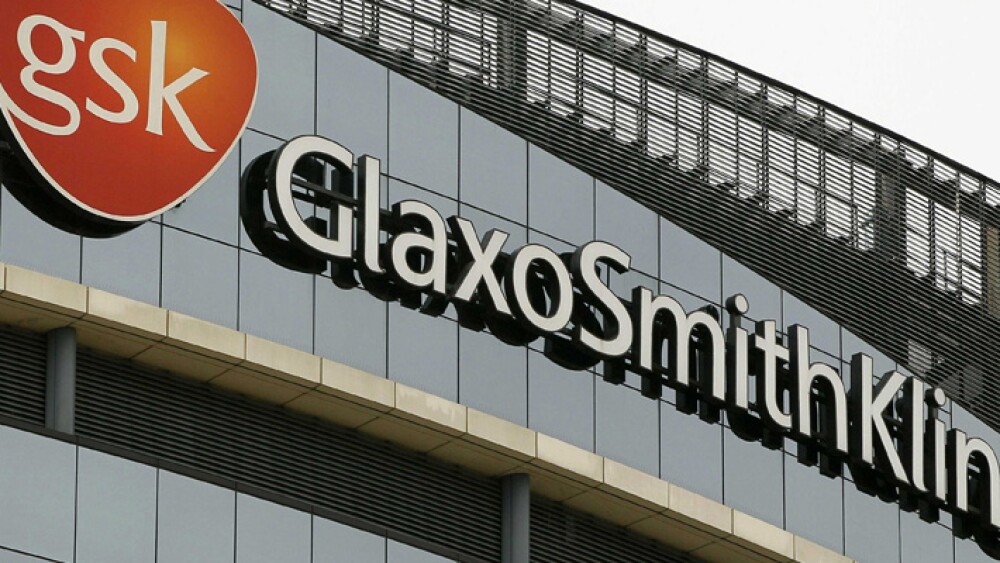February 29, 2016
By Alex Keown, BioSpace.com Breaking News Staff
LONDON – Sir Andrew Witty, chief executive officer of British drugmaker GlaxoSmithKline , will soon be replaced. Company chairman Philip Hampton held a number of recent meetings with shareholders and made it clear that planning for a new CEO will be a board priority, the Yorkshire Post reported this morning.
The Telegraph of London reported Hampton has instructed recruiters to begin identifying potential CEO candidates from within and without the company. Witty’s tenure at GlaxoSmithKline could end by next year, the Telegraph reported. A lengthy CEO search could suggest an orderly transition for the company, which would provide a sense of stability for investors.
Witty has been under fire over the past months as the company has faced a number of financial challenges due to a drop in earnings, declining stock value and the company’s search for a new blockbuster drug.
GlaxoSmithKline’s stock has slipped over the past year, down from a high of $48.81 in March 2015 to a low of $37.56 in September. GSK’s stock is currently trading at $38.61 per share.
Witty has faced increasing criticism from some investors, including Neil Woodford, a top 20 investor, who wants to see the company broken up into separate entities following a three-part deal with Novartis AG . That deal, which was announced in March 2015, saw GSK acquire Novartis’s global vaccines business, excluding the influenza vaccines. It also created a Consumer Healthcare joint venture with Novartis, and sold its Oncology business to Novartis. Although some investors want to see the company break up, Witty has been slow to do so. At the J.P. Morgan Healthcare Conference in January Witty said he would consider the breakup suggestions, but that any such split wouldn’t happen for at least a year or two. In particular, it would have to wait until the company finishes integrating the changes that came with the Novartis deal.
Witty, who took over as CEO of GSK in 2008, has seen the company face numerous challenges, including a few scandals. In 2012, GlaxoSmithKline agreed to plead guilty and to pay $3 billion to resolve its criminal and civil liability arising from the company’s unlawful promotion of certain prescription drugs, its failure to report certain safety data, and its civil liability for alleged false price reporting practices. The resolution is the largest health care fraud settlement in U.S. history and the largest payment ever by a drug company. GlaxoSmithKline was fined nearly $500 million by the Chinese government when it was revealed that some employees of the pharmaceutical company were bribing doctors with extravagant gifts to prescribe Glaxo medications to their patients. Additionally, the company was also accused of violating China’s personal privacy laws through illegal videotaping. Last year, Glaxo faced allegations sales reps in Syria bribed doctors and officials to boost sales of its medicines.
In addition to overcoming damage from the bribery allegations, GlaxoSmithKline is also striving to overcome lagging sales. Although the company reported a 5 percent growth in emerging markets in 2015, sales in Europe were flat and in the U.S. sales were down about 10 percent as the result of formulary and contract changes to asthma drug Advair. Glaxo is under pressure to develop new drugs that aren’t threatened by generics. There is hope that the company’s newer COPD inhaler Breo will spark a revenue turnaround.





